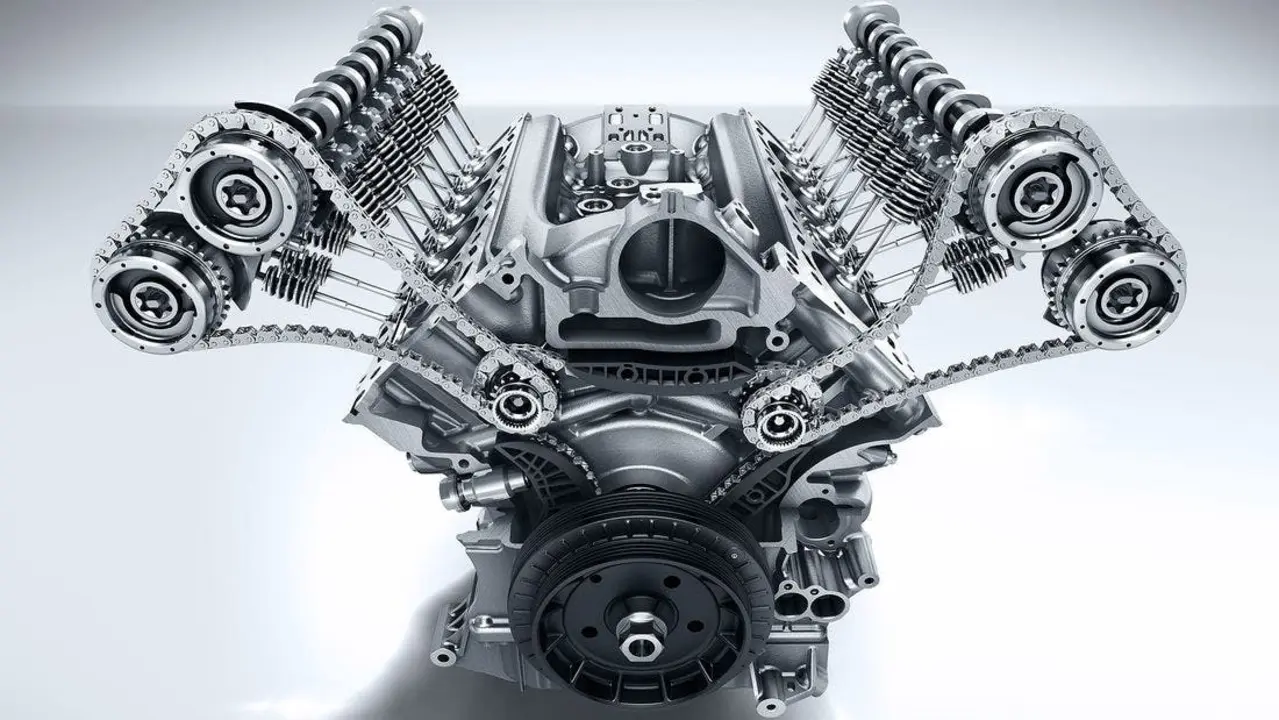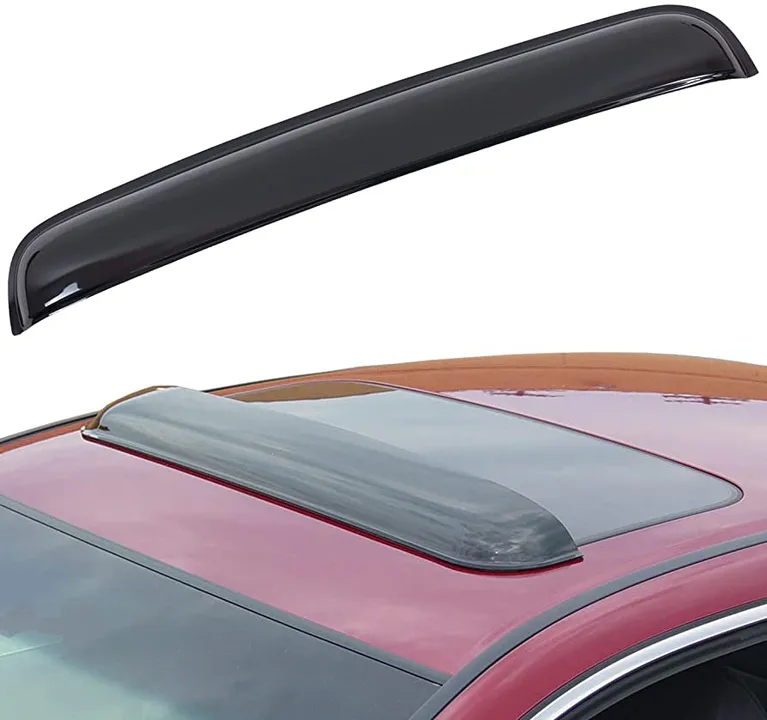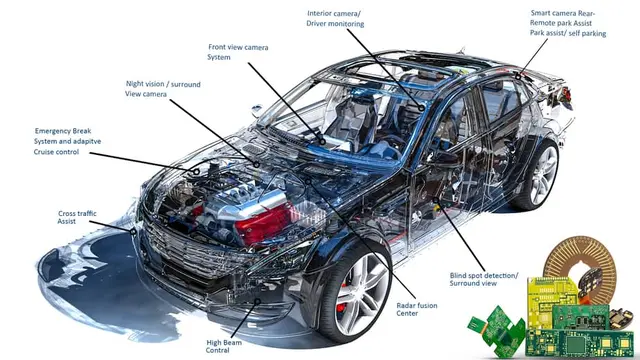Internal combustion engines are one of the most reliable and long-lasting pieces of machinery. On average, an internal combustion engine can last between 200,000 to 300,000 miles before needing major repairs or replacement. However, this number can vary depending on the type of engine, the quality of the car, and the way it is maintained. Regular oil changes, tune-ups, and preventive maintenance can all help extend the life of an internal combustion engine. With proper care, an engine can potentially last even longer than 300,000 miles. Ultimately, the life of an internal combustion engine depends on a variety of factors, but with proper maintenance and care, you can expect to get a long service life from it.
Smoke from automobiles can come in a variety of forms, each indicating a distinct issue with the vehicle. White smoke is the most common type of smoke seen, often indicating a problem with the engine cooling system. Blue smoke is more likely to be an indication of oil burning, while black smoke often means a problem with the fuel system. Grey smoke, on the other hand, is usually caused by an issue with the turbocharger or exhaust system. Finally, an occasional puff of steam is usually nothing to worry about and is simply the result of condensation forming in the exhaust system.






